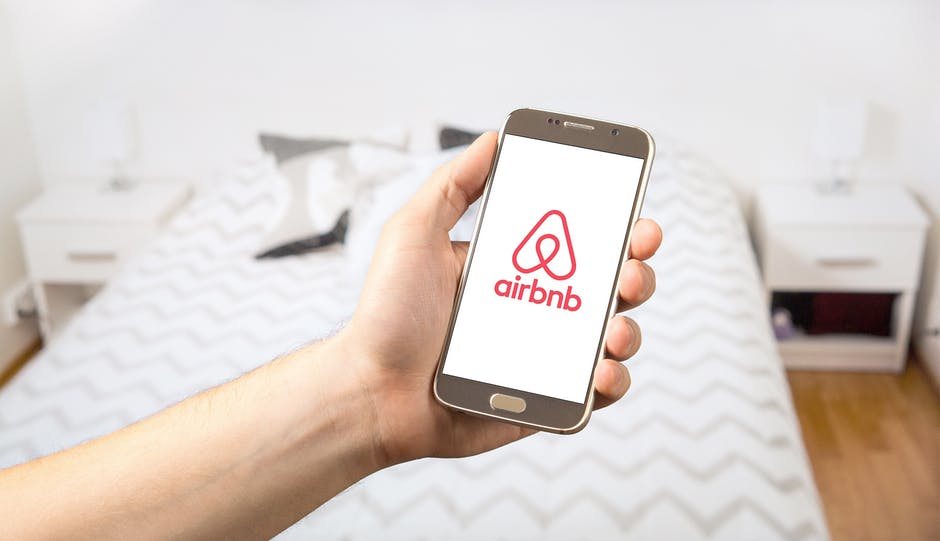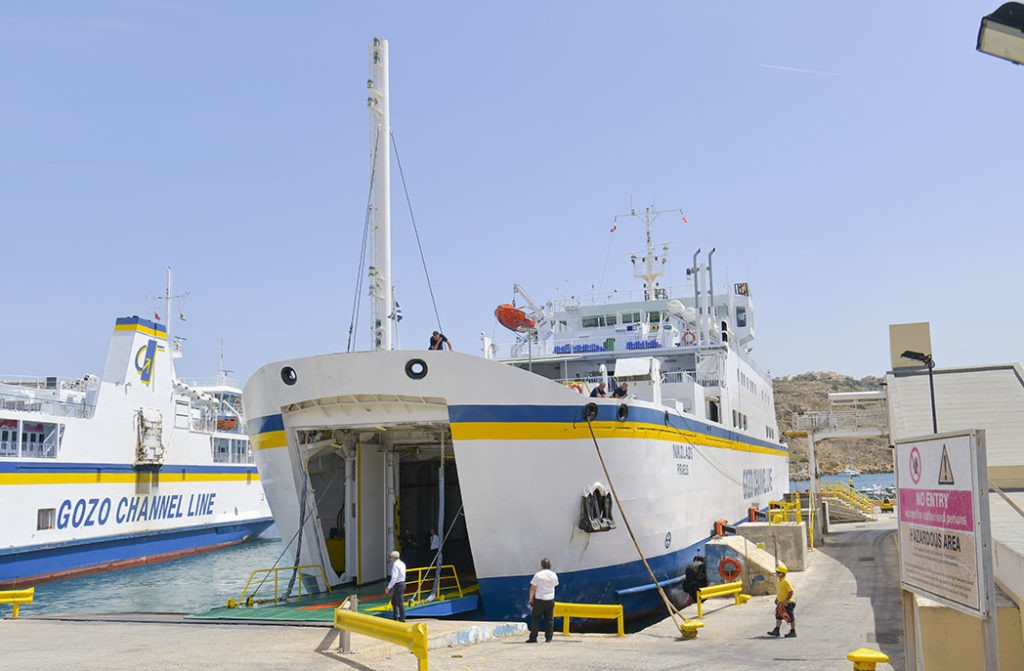At its first quarterly report since its blockbuster IPO in December, Airbnb recorded a $3.89 billion ($3.2 billion) loss for Q4 2020 but emphasised that “travel is coming back”.
Despite the alarming quarterly loss, which brings the company’s annual loss to $4.6 billion (€3.78 billion), the company emphasises that its revenue was not as badly hit as some were expecting, down 22 per cent year-on-year in the quarter.
The company, which in 2019 was reported to host over 8,760 properties in Malta, looked to the future, saying “as the vaccine is rolled out and restrictions lift, we expect there will be a significant travel rebound”.
Airbnb’s priority, it says, “is to prepare for this travel rebound, perfecting [its] existing product by improving the entire end-to-end experience”.
The company also heralds its “strong financial discipline in 2020”, which meant it was able to reduce its operating expenses on a year-on-year basis in all categories.
Predictably, bookings were negatively impacted as the pandemic raged on, with Airbnb recording 30 per cent less in Gross Booking Value in 2020 than 2019.
In the year, the number of nights and experiences booked via the website fell 41 per cent compared to the year before, recording 193.2 million in 2020.
However, more than just expecting to benefit from a general travel rebound in 2021, the company expects to be especially well placed to cater to developments in tourism trends, as people aim to holiday with friends and family, and continue to prefer a domestic or local destination.
Passenger traffic between Malta and Gozo grew by nearly 8% in Q2 2025
Vehicle crossings and fast ferry usage also surged
New Malta-backed incubator to fuel Europe’s semiconductor startups
The ChipStart EU program provides a one-year, no-cost incubation opportunity for semiconductor startups in the European Economic Area
Government renews scholarship scheme for tech postgrads
In 2024 the Pathfinder Digital Scholarship issued €125,000 in funding, supporting 13 Master’s and 3 PhD students






